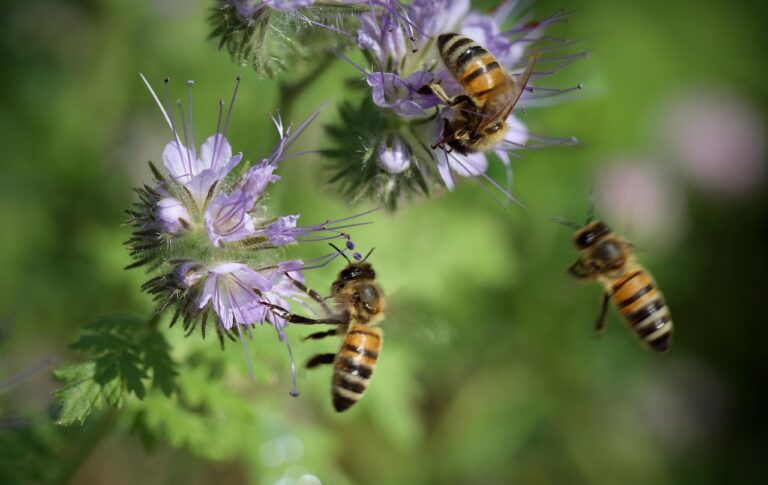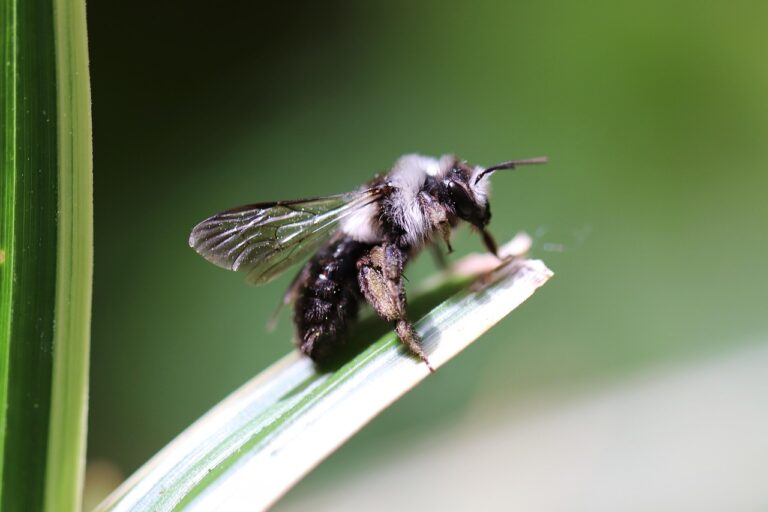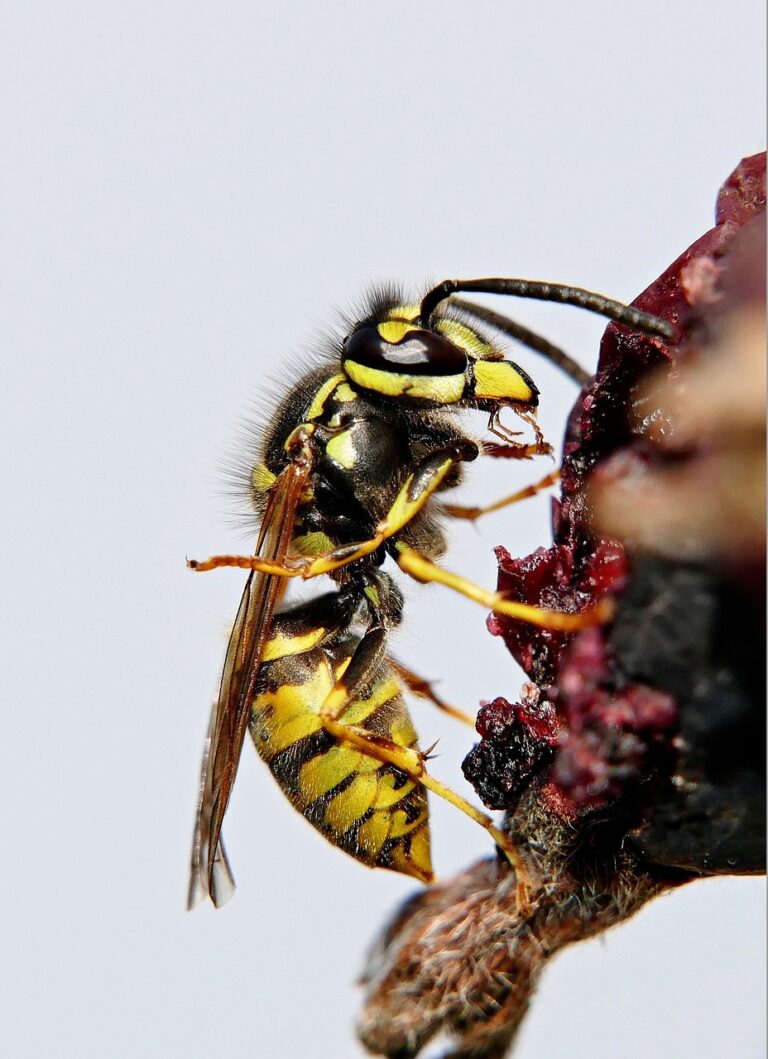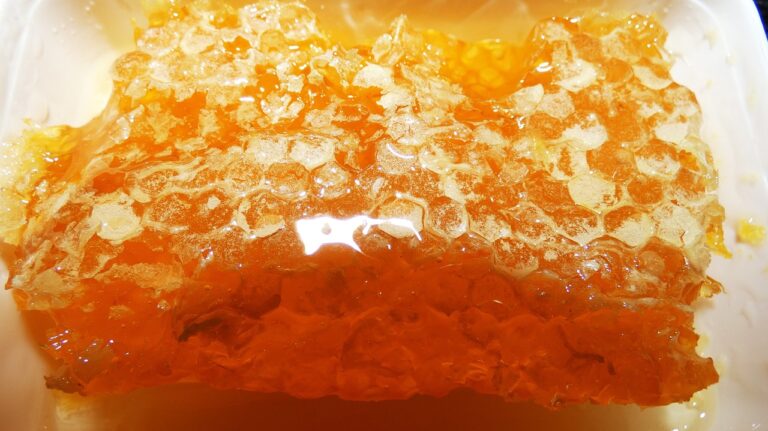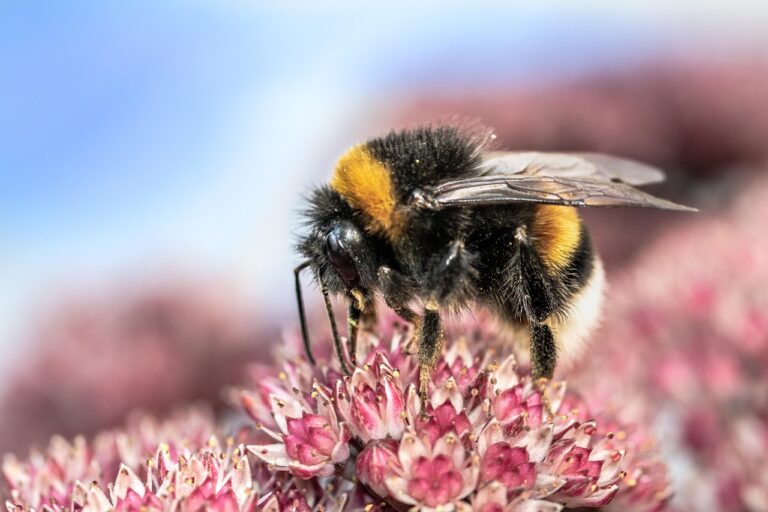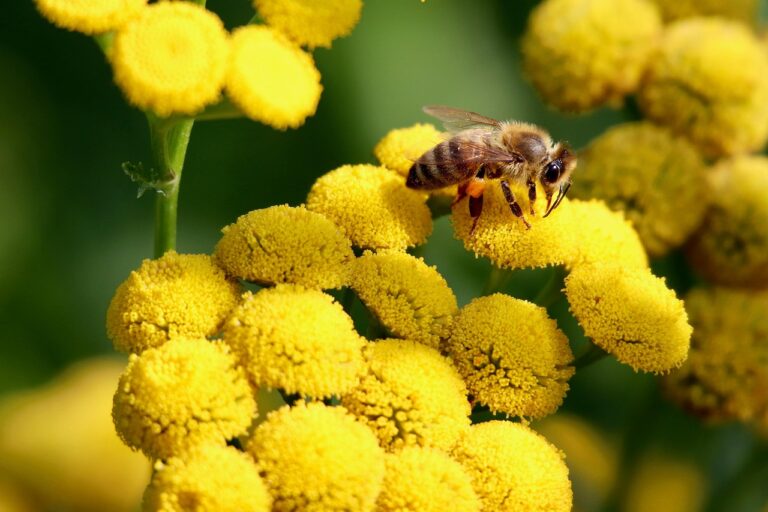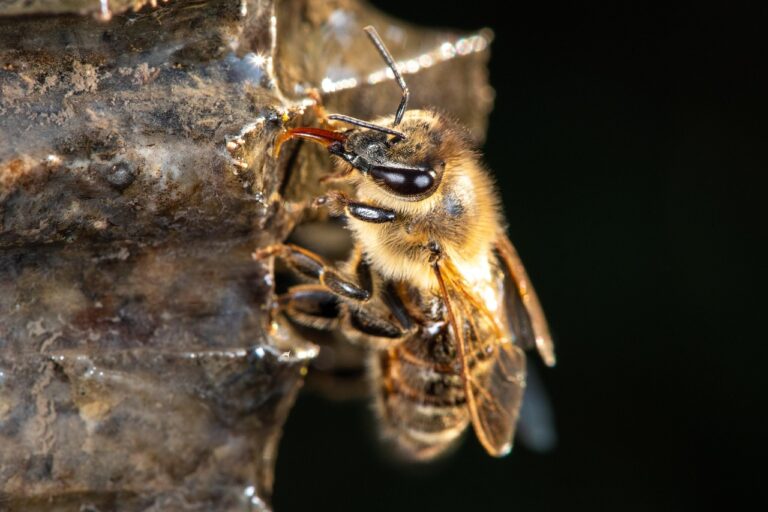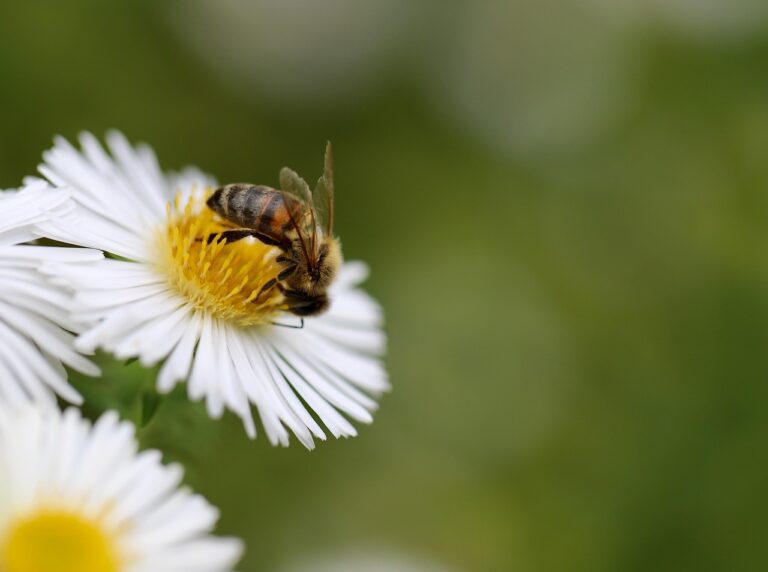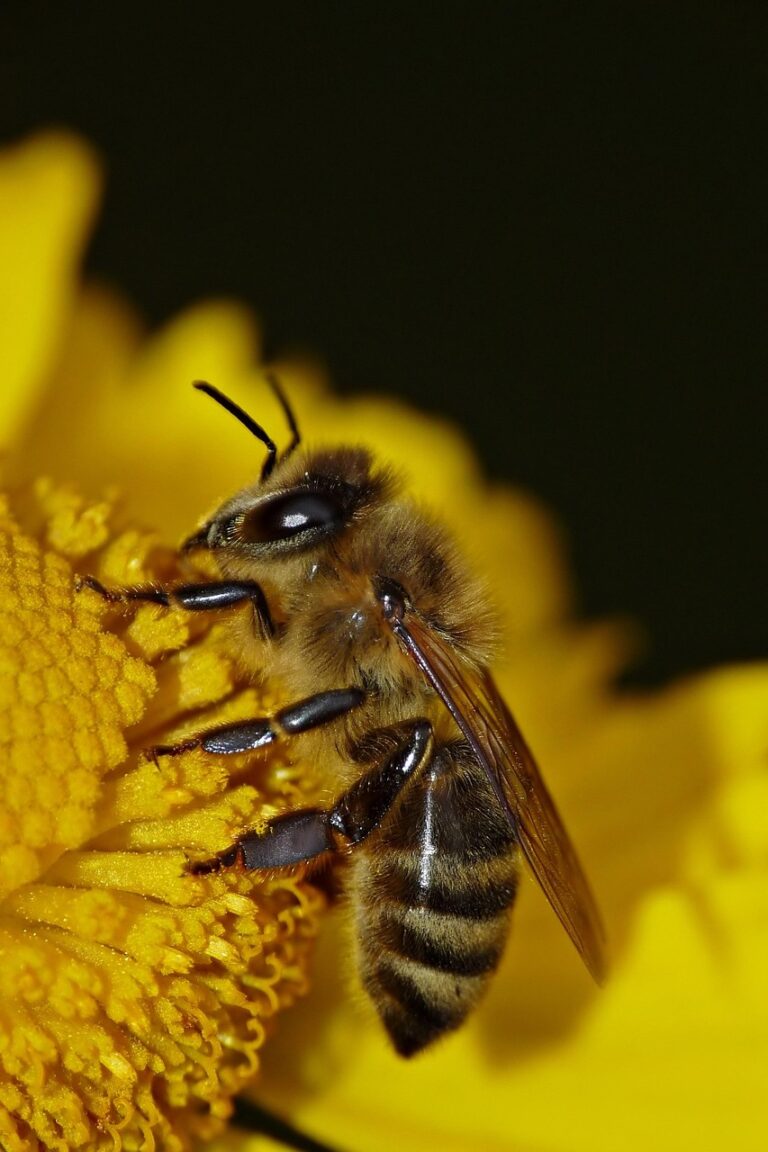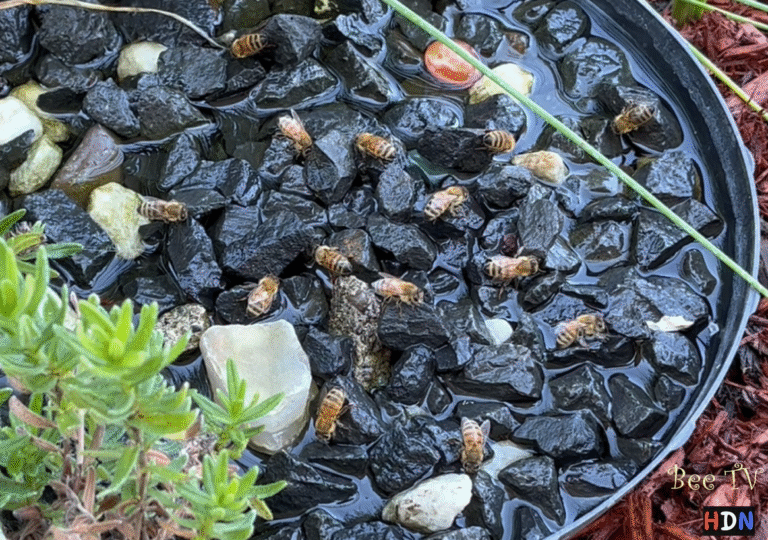Support Local Bees Through Gardening & Activism
How You Can Support Local Bees Through Gardening and Activism Bee-Friendly Gardening 1. Plant Native and Pollinator-Friendly Flowers • Choose native plants adapted to your region—these are the top choices for local bees and often the easiest to grow. • Select a variety of flowers with different bloom times to provide nectar and pollen from […]

